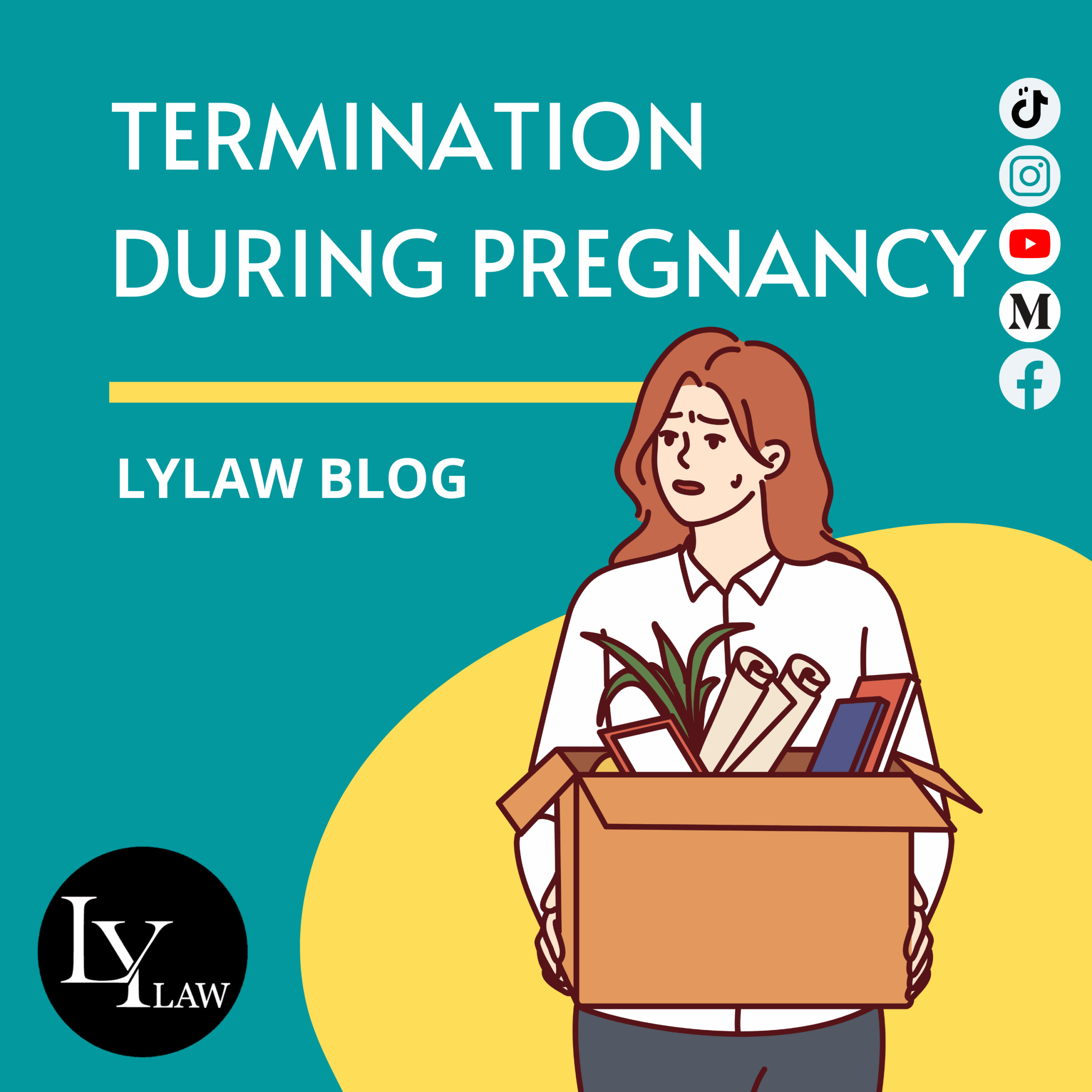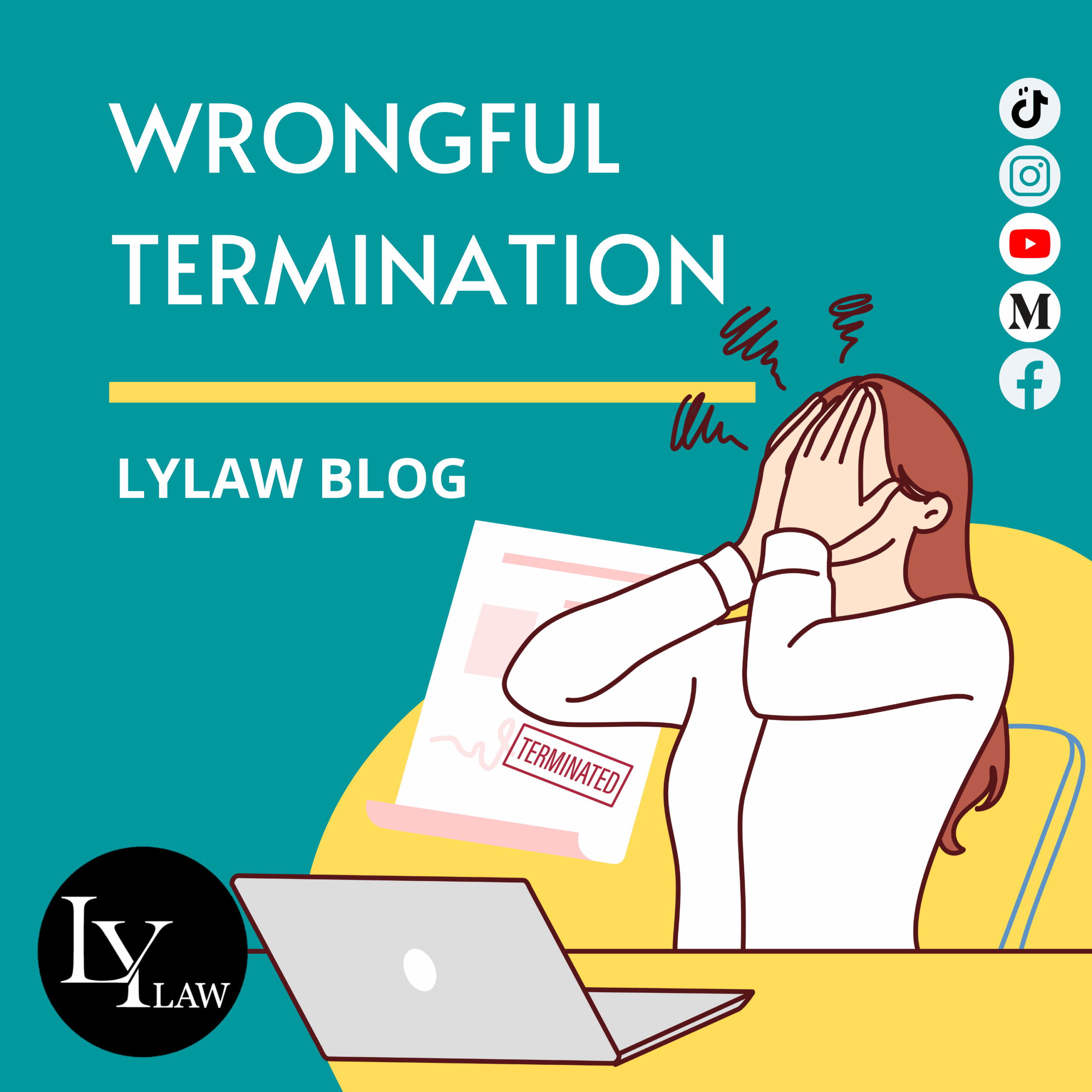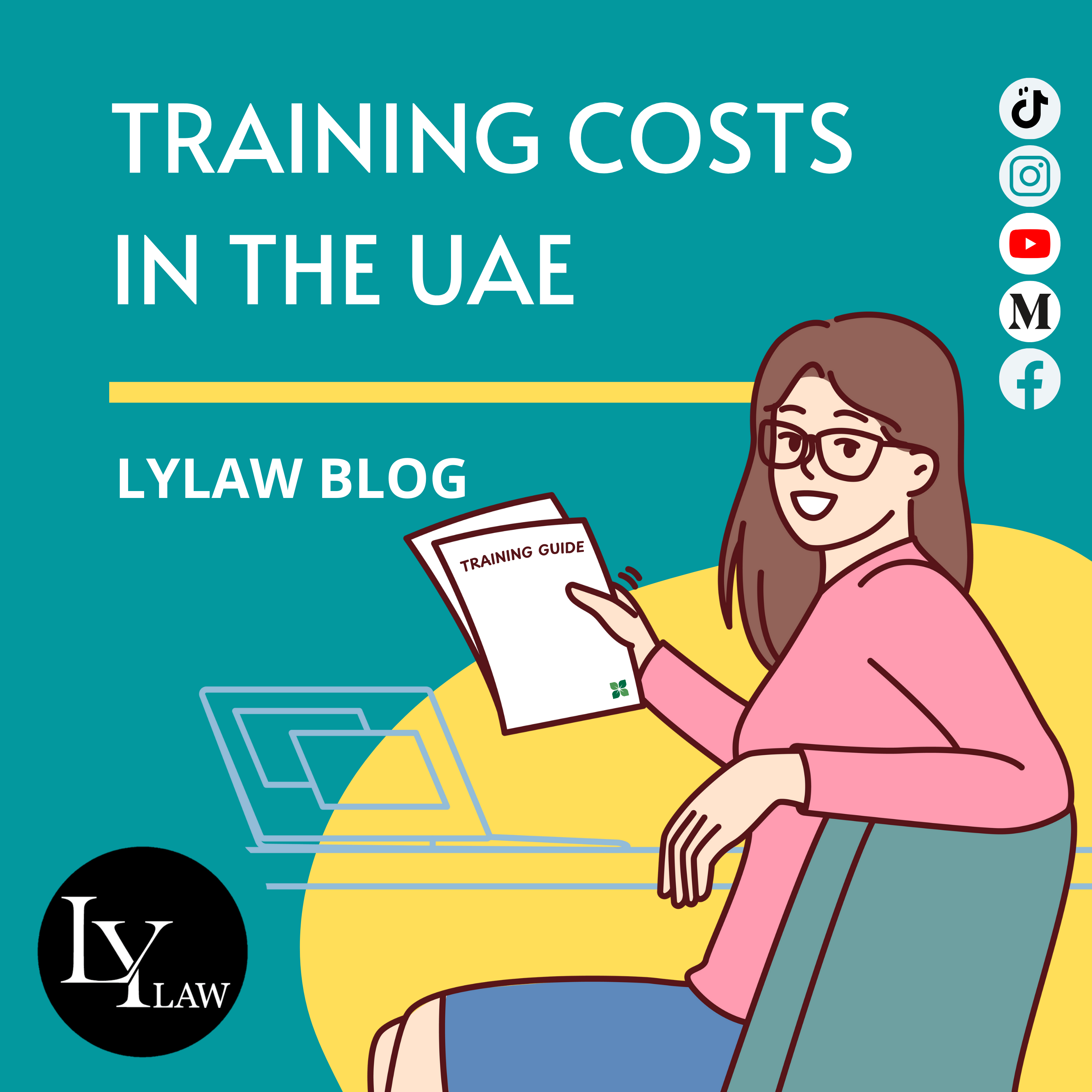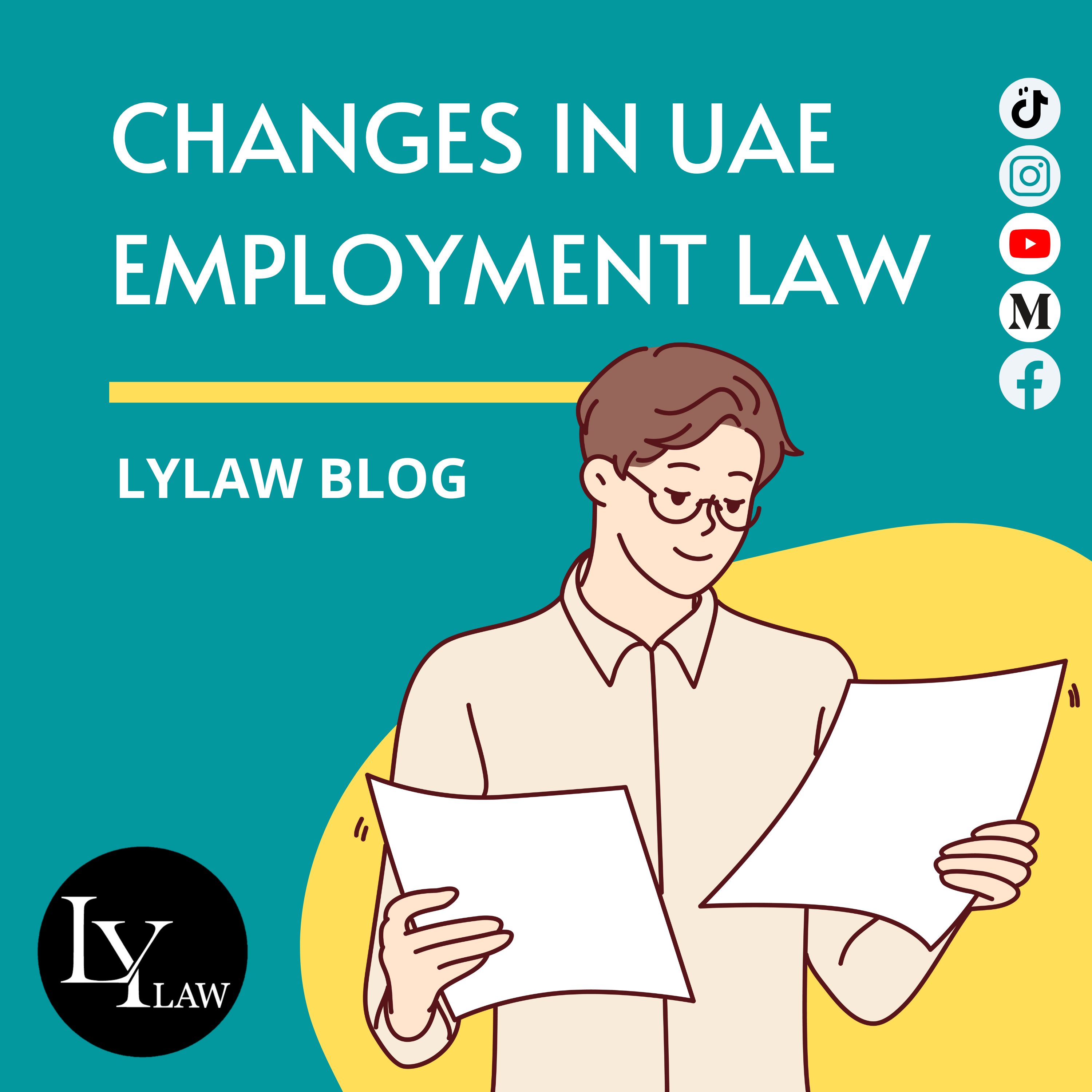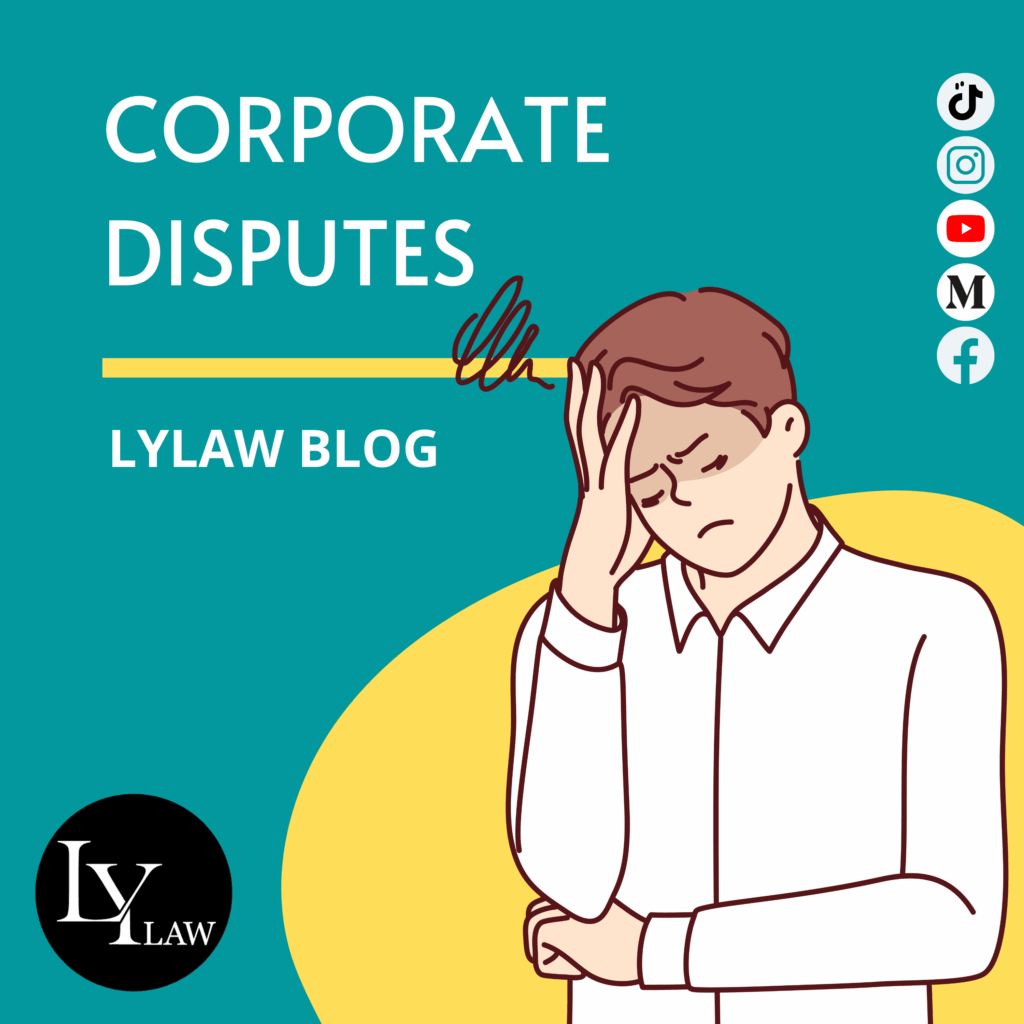Termination because of pregnancy is prohibited across all UAE legal systems. However, termination during pregnancy is not expressly prohibited – which creates an important legal and practical distinction for both employers and employees.
In other words, a pregnant employee can be lawfully dismissed – but only if the dismissal is not connected to her pregnancy or maternity leave. This distinction matters enormously, especially when it comes to how the law treats such terminations, who bears the burden of proof, and what remedies are available if a claim is made. And in the UAE, those rules differ depending on where the employment is legally based.
There are three separate employment law frameworks operating in the UAE:
- UAE Federal Employment Law – applicable to mainland UAE and most free zones, including DMCC, JAFZA, and DAFZA;
- DIFC Employment Law – governing employment within the Dubai International Financial Centre;
- ADGM Employment Regulations – governing employment within the Abu Dhabi Global Market.
While all three jurisdictions prohibit termination because of pregnancy, the burden of proof and remedies for breach vary significantly.
UAE Federal Employment Law: Protection with Limitations
Under Federal Decree Law No. 33 of 2021, Article 30(8) provides:
“It is not permitted to terminate the services of a female worker or to issue her a warning for absence from work due to pregnancy or maternity leave.”
This protects against terminations motivated by pregnancy or maternity leave, but does not prohibit termination during pregnancy for unrelated reasons – such as redundancy, restructuring, or performance.
Key Legal Limitations
- The law is silent on who bears the burden of proof. In practice, the employee must prove the dismissal was caused by her pregnancy.
- This is often extremely difficult, as employers rarely document such motives.
- Even when the employee succeeds – as determined by the court – Article 47 caps compensation at three months’ total salary.
- The law does not entitle the employee to maternity pay, lost benefits, or reinstatement in the event of termination during pregnancy.
Implication
Federal law recognizes pregnancy as a protected status, but it offers limited procedural support and modest remedies, making successful claims rare and compensation minimal.
DIFC Employment Law: Clearer Process, Broader Remedies
Under DIFC Employment Law No. 2 of 2019, Article 40(1) states:
“An Employer shall not, because of an Employee’s pregnancy or Parental Leave: (a) terminate the Employee’s employment; or (b) change the Employee’s position or terms and conditions of employment without the Employee’s prior written consent. (2) An Employee has the right to return to work at the end of Parental Leave to the same or a substantially similar role on the same terms and conditions of employment and with the same level of seniority the Employee had immediately prior to taking Parental Leave.”
Moreover, Article 59(1) states:
(1) An Employer must not discriminate against an Employee regarding employment or any term or condition of employment on the grounds of the Employee’s (f) pregnancy and maternity.
As with federal law, the substantive protection is similar – but the procedural enforcement and remedy structure are notably stronger.
Key Features
- The burden of proof is on the employer. If challenged, the employer must demonstrate that the dismissal was unrelated to pregnancy.
- In the event discrimination due to pregnancy is demonstrated, Article 61(5) authorises the DIFC Courts to do any of the following:
- make a declaration as to the rights of the complainant;
- order the respondent to pay compensation not exceeding the employee’s annual wage; and/or
- make an appropriate recommendation.
ADGM Employment Regulations: Common Law Protection in Practice
ADGM’s Employment Regulations 2024 similarly provides protections for pregnant women and women on maternity leave.
Under Section 53(1):
“An Employer must not discriminate against an Employee regarding employment or
any term or condition of employment on the grounds of the Employee’s – (c) pregnancy and maternity.”
Under Section 32(4):
“A female Employee has the right to return to work at the end of Maternity Leave granted under this section 32 to either the same role or a suitable alternative on substantially the same terms and conditions and with the same seniority rights she would have had if she had not taken Maternity Leave.”
Key Features
- The burden of proof lies with the employer to show that the dismissal was unconnected to pregnancy.
- In the event discrimination due to pregnancy is demonstrated, Article 53(8) authorises the ADGM Courts to do any of the following:
- award compensation to the employee amounting to up to three (3) years of the employee’s wages; and,
- order the employer to take specified steps to obviate or reduce the adverse effect on the employee (or any other person).
- If termination takes place while an employee is on maternity leave, Section 33(5) of the regulations hold: “If the Employee’s employment is terminated by the Employer under Section 56(2) during Maternity Leave, the Employer must pay the Employee the Maternity Pay which she would have received had her employment continued until the end of her Maternity Leave.”
Comparison Snapshot: Legal Frameworks for Termination During Pregnancy
| Feature | UAE Federal Law | DIFC Law | ADGM Law |
| Prohibited Reason | Termination due to pregnancy | Termination due to pregnancy | Termination due to pregnancy |
| Termination During Pregnancy | Not expressly prohibited | Not expressly prohibited | Not expressly prohibited |
| Burden of Proof | Employee must prove motive | Employer must prove valid reason | Employer must prove valid reason |
| Remedies | Maximum 3 months’ salary if the provisions for unlawful termination apply | 1) Declaration as to the employee’s rights, 2) Compensation amounting to up to employee’s annual wage, and/or 3) Other recommendation | 1) Declaration as to the employee’s rights, 2) Compensation amounting to a maximum of three (3) years’ wages, 3) Other specified steps to obviate or reduce adverse effect on employee, 4) Full maternity pay, if termination takes place during maternity leave |
| Reinstatement Available | No | Possibly (court discretion) | Possibly (court discretion) |
Conclusion: Legal Protections Exist, But Enforcement Varies by Jurisdiction
All UAE employment laws prohibit firing an employee because she is pregnant. But they do not prohibit firing someone while she is pregnant – unless pregnancy is the reason.
- Where your employment is governed makes all the difference.
- The same dismissal could lead to limited compensation under Federal Law, or full recovery and reinstatement under DIFC or ADGM.
- For companies and individuals alike, understanding jurisdiction is essential – not just what the law says, but how it is applied.

